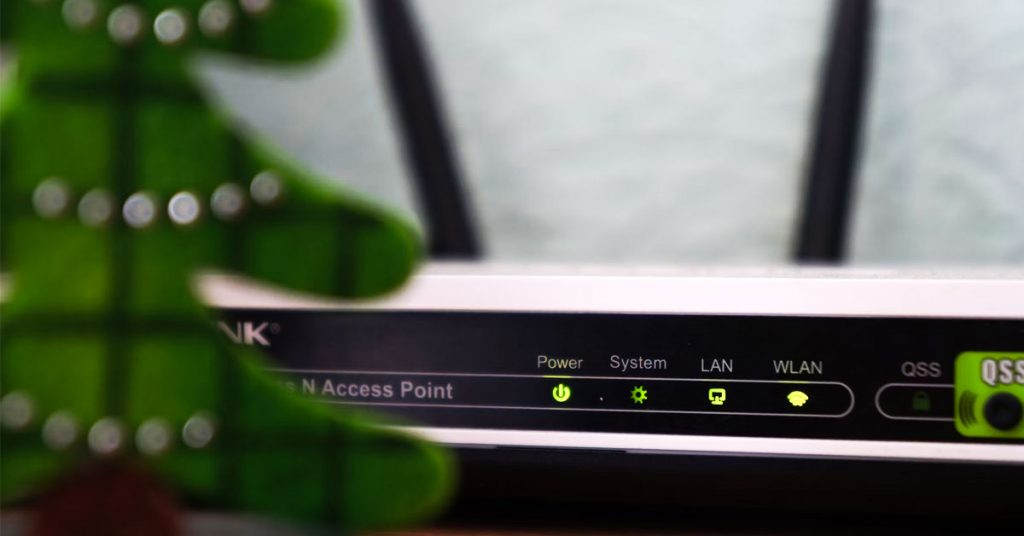Internet: A Guide to Getting the Best Service for Your Needs
As internet access becomes more essential in daily life, knowing how to choose the right internet service can be empowering and save you from potential hassles.
With various internet providers offering options tailored to diverse needs, there are a few things to consider before making a choice that meets your lifestyle, work, and entertainment demands.

Whether you’re browsing, streaming, or working from home, understanding how to contract internet service and the benefits it offers is key to making an informed decision.
What to Consider Before Choosing an Internet Service
Choosing the best internet service depends on your specific needs and how you plan to use it. Here are some important factors to keep in mind:
1. Speed Requirements
Different activities require different speeds. For instance, browsing social media or checking emails can work well with basic speeds. However, if you’re streaming in HD, gaming online, or attending video calls, faster speeds are essential.
Most providers will display their available plans based on speeds measured in Mbps (megabits per second), which indicates how much data can be downloaded in a second. Assess what you do online and pick a plan that offers the necessary speed.
2. Types of Broadband Connections
When selecting an internet provider, consider the types of connections available in your area, as they can affect both speed and reliability. Here are some common types of broadband connections:
- DSL (Digital Subscriber Line): Delivered via telephone lines, DSL is often a stable and affordable option, but it may be slower than other types, particularly if you live far from the service provider’s hub.
- Cable Internet: Using the same lines as cable TV, this option generally offers faster speeds than DSL. However, connection speeds might fluctuate during peak hours, as cable bandwidth is often shared with other users in your area.
- Fiber Optic: Fiber internet is one of the fastest and most reliable broadband options, as it uses fiber optic cables to transmit data at high speeds. It’s a good choice for households with multiple users or for those who frequently engage in data-heavy activities.
- Satellite: Satellite internet can be a viable option for those in rural or remote areas where other forms of broadband are unavailable. However, it tends to be slower and may suffer from lag, especially during bad weather.
3. Data Limits
Some providers offer plans with data caps, which means there’s a limit on how much data you can use within a billing cycle. Exceeding this limit could result in extra charges or reduced speeds. For users who stream content, work online, or have multiple users in one household, unlimited data plans are often the better choice to avoid restrictions.

Advantages of Having a Reliable Internet Service
Getting connected to a solid internet service offers several advantages, especially as technology continues to transform how we work, learn, and interact. Here are some of the top benefits:
1. Access to Information and Learning
The internet opens doors to endless information. From online courses and tutorials to virtual libraries, a reliable connection allows you to expand your knowledge, improve skills, and even pursue academic degrees from the comfort of your home.
2. Entertainment Options
An internet connection unlocks access to movies, TV shows, games, music, and social media platforms. High-speed internet is especially beneficial if you love streaming HD videos or playing online games, as it prevents lag and buffering that can interrupt your experience.
3. Convenience for Work and Communication
As remote work becomes more common, having a dependable internet connection ensures productivity and smooth communication with colleagues or clients. Additionally, video calling platforms and messaging apps make it easy to stay in touch with friends and family, even when they’re far away.
4. Support for Smart Home Devices
Many people use the internet to connect devices like smart speakers, thermostats, or security cameras. A strong connection allows you to control these gadgets efficiently, making everyday life more convenient and enjoyable.
Steps to Contracting Internet Service
Getting internet service set up is straightforward, and most providers offer flexible options. Here are the basic steps to follow:
1. Determine Your Needs
Consider the speed, data, and budget you require. This will help you compare options and choose an internet provider that aligns with your lifestyle.
2. Check Availability
Not all providers offer service in every area, so check which internet providers are available where you live. Some websites offer coverage maps or let you input your address to see if they serve your location.
3. Compare Plans
Different providers offer a variety of plans, which may vary in speed, data caps, and price. Look at the details of each plan and consider factors such as setup fees, contracts, and promotional rates that may increase after a certain period.
4. Review Installation Options
Depending on the provider, you may have options for self-installation or professional setup. Self-installation kits can be convenient and save you money, while professional installation ensures everything is set up correctly.
5. Sign Up and Get Connected
Once you’ve chosen a plan, signing up can usually be done online, over the phone, or in person, depending on the provider. The installation will follow shortly, allowing you to enjoy your new internet connection.
Making the Most of Your Internet Connection
After choosing and installing your internet service, a few tips can help you optimize its performance:
- Place Your Router in a Central Location: This can improve signal strength throughout your home, especially in areas far from the router.
- Limit Device Usage: If multiple devices are streaming or downloading content at the same time, it can slow down your connection. Try to limit usage during peak times.
- Keep Your Equipment Updated: Older routers may not support the latest speeds, so consider upgrading if you have an outdated model.
- Secure Your Connection: Protect your Wi-Fi with a strong password to prevent unauthorized access, which can slow your speed and pose security risks.
Choosing the best internet plan and provider may seem complex at first, but breaking it down into steps makes it manageable. Think about your needs, explore available options, and consider what type of broadband will best serve your household. With a reliable connection, you can make the most of everything the internet has to offer, from entertainment and education to work and communication.

Getting the right internet service means looking into providers, understanding broadband types, and weighing plan details, all of which ensure that your online experience is smooth, enjoyable, and suited to your needs.
Remember to share this article on Facebook and other Social Media Platforms. To submit your own articles or to advertise with us please send us an EMAIL at: [email protected]

